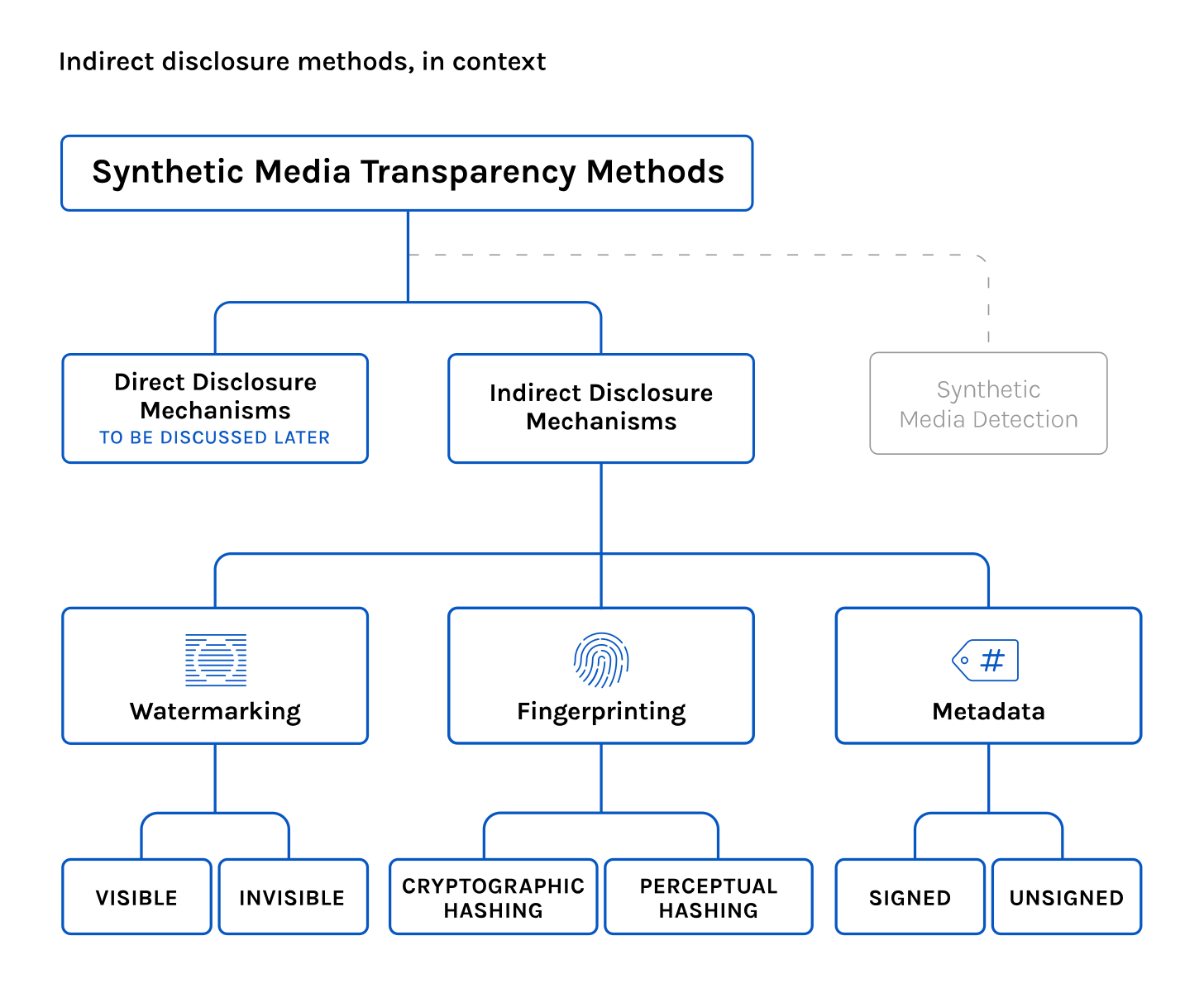
With election season in full swing in the U.S. and European Union, and concern growing over deep-fake and AI-manipulated images and video targeting politicians as well as celebrities, AI heavyweights are starting to come around to supporting for industry initiatives to develop and adopt technical standards for identifying AI-produced content.
At last month’s World Economic Forum in Davos, Meta president of global Affairs Nick Clegg called efforts to identify and detect AI content “the most urgent task” facing the industry. The Facebook and Instagram parent began requiring political advertisers using its platforms to disclose whether they used AI tools to create their posts late last year. But it is also now gotten behind the technical standard developed by the Coalition for Content Provenance and Authenticity (C2PA) for certifying the source and history of digital content.
Earlier this month, Google said it will join the C2PA steering committee, throwing its considerable weight behind the initiative. “a critical part of our responsible approach to AI involves working with others in the industry to help increase transparency around digital content,” Google VP of trust and safety Laurie Richardson said in announcing the move. “This is why we are excited to join the committee and incorporate the latest version of the C2PA standard.”
Also this month, OpenAI said it would begin adding C2PA watermarks to content produced by its DALL-E 3 image generator.
Meta, Google and OpenAI are also involved in the Partnership on AI, a coalition of academic, industry and non-profit organizations developing fairness and ethical best practices for AI, including a standardized taxonomy and glossary for AI transparency models.

The C2PA standard is widely used in the news media to identify photographs and other content. But the Adobe-led coalition has struggled to get the major AI companies on board.
Now, though, under pressure from the White House as well as the EU, and with Congress and increasingly focusing its legislative lights on deep fakes, that resistance appears to be giving way. In public, at least.
